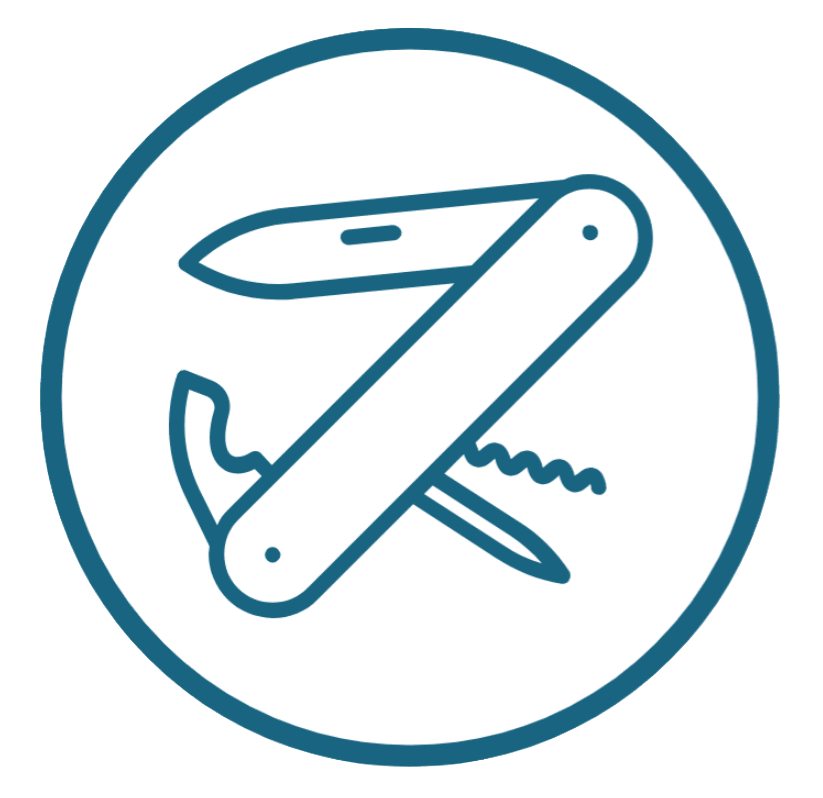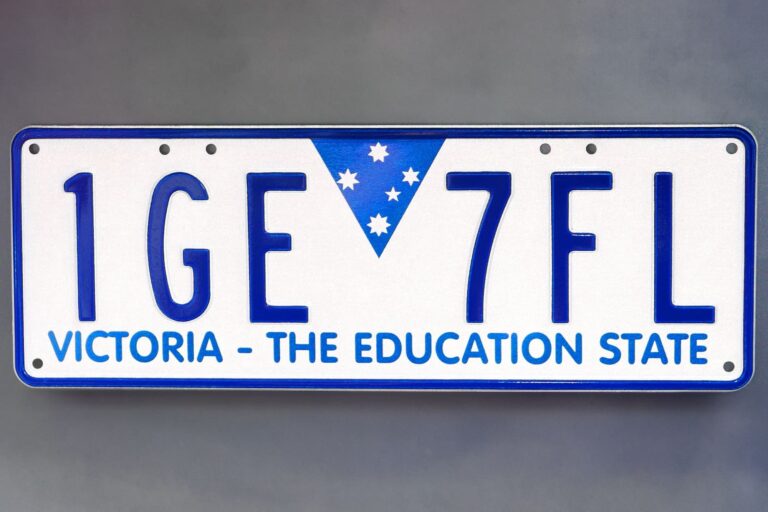A Version of Myself I’d Look Up To: A Framework for Self-Improvement
I’ve always struggled with the idea of the “role model”. I don’t have a single track in life — I’m not an athlete, nor aspiring to be a world-famous thing that’s clearly defined, like an artist, surgeon, or musician. So I don’t have one clear role model.
But there are aspects of many people that I find inspiring and want to incorporate into my life. One person might have great tenacity, one great humility, and one great vision. Together, they add up to qualities that I aspire to have — the “future me” embodies all these qualities.
So, my framework for self-improvement is just that: to aspire to be a better version of myself — a version of myself that you’d look up to.
When making a decision, the way I apply this formula is to think: What would a better version of myself — a version of myself I’d look up to — do?
Here’s why I use this framework, how it works, and some problems I know it has. I’m sharing it here for feedback and in case it’s useful for you.
Why I Use the “Version of Myself I’d Look Up To” Framework
Many of us (I think most people, but I can’t speak for everyone) draw inspiration from other, great people.
Think of people who you think are inspirational or just “awesome” in your head. You might have your own list. Off the cuff, I immediately thought of names like Steve Jobs, Michael Jordan, Mike Tyson, Gandhi, and Leonardo da Vinci. These are honestly just the five people who popped into my head because these are all people I find inspiring in some specific way.
The problem with all these people is that they’re incomplete role models. Michael Jordan is an inspirational athlete, but if I want inspiration for something other than how to train or maybe perform in my career or business, I have to look elsewhere.
And then, some amazing people are just flawed on some other levels. Mike Tyson was a great boxer but admitted he had raped women. Gandhi had an unusual sex life, too — certainly not one that most people would want to emulate. Anyway, the problem with looking at external role models is that all people are flawed, and even if they’re not, no person can represent a vision of exactly who you want to be in every circumstance.
Even those people who put themselves forward as virtuous role models, like philosophers or religious leaders, are flawed. You don’t have to look too long to find questionable parts of their lives, too. They (like we) all have made strange ethical choices in their lives.
Yes, religious people will be quick to point out that their various religious leaders are perfect role models. But many of them have weird personal lives that they explain in awkward ways. Muhammad had twelve wives, many of them much younger than he was. Twelve is a lot! The justification is that the rule of four wives in Islam didn’t apply to him.
There is of course plenty of scandal involving the modern Catholic church (here’s a Wikipedia article that just scratches the surface). There’s no justification for this. The fact that people still trust priests and remain Catholic despite the harm it caused many young people, assuming it won’t happen again I suppose, shocks me.
The conundrum is this: If nobody is perfect, then who do we look up to? And the answer is to look up to ourselves.
How This Framework Works
I’ll give a brief example of how to use this framework.
Take relationships with our partners, for example. There are many ways in which personal relationships can be, of course. Some people are single, some have multiple partners; some are married and some not, or whatever.
But whatever kind of relationship you have, there’s an element of loyalty and trust that comes with communication. And there’s always a chance to breach that trust by going outside the rules of your relationship.
When I’m confronted with difficult situations in my relationship, I always think about my framework. What does the version of myself I’d look up to do?
In this situation, here’s how I’d describe the version of myself that I’d look up to:
- I have a strong sense of self — I don’t do things just to make others happy
- I’m honest — I don’t lie either to others or to himself
- I’m tactful — I respect that his words and actions may make others unhappy, and he doesn’t want to make people I love unhappy
Maybe some other things. Anyway, that framework puts me in the right frame of mind to think about how I think about and talk about topics.
Another example might be whether to cheat on an insurance claim. I know I’ve been tempted in the past. People tell me about insurance claims they’ve made and gained thousands of dollars.
But I know that I hate lying. I don’t like being lied to, and I don’t enjoy stories of people lying. I think of myself as a person with integrity. I’m not sure why; I don’t believe in karma or an afterlife. I just know that the world would be a better place if we were honest. So I aspire to be honest, and in most situations, I behave honestly.
This framework of trying to be a person I’d look up to is still aspirational. I don’t always succeed in being the person I aspire to be. But this way of thinking at least points me in the right direction.
Problems / Criticisms With This Framework
The main problem with this framework is that it’s circular. In choosing a version of myself I’d look up to, I acknowledge that I’m making decisions based on an ethical framework that I already have that has been inspired heavily by my environment.
I grew up in a religious family. Even though I’m no longer religious, the things I grew up with (the importance of honesty, for example) strongly influence my decision-making. It doesn’t influence everyone that way, but it’s what I took away from it.
I also grew up with various other influences on me, like a Persian family, in a relatively conservative Australian/Western society (one in which rule-following and heterosexual marriage are the norms), and the influence of my friends in places like law school.
All of those build my ethical framework. But I still imagine that core elements of it, like the impulse to be honest and not harm people I love, are quite fundamental.
Secondly, this framework feeds my own echo chamber.
Because I’m only aspiring to be a better version of myself, it’s entirely up to me to decide what that better version is. I don’t actively test that against other people’s beliefs.
So there’s a risk that my beliefs about what comprises that version of myself I’d look up to may be pernicious.
For example, if I had beliefs that a better version of myself subjugated women, competed in everything, and preyed on the vulnerable, then I’d be constantly aspiring to be something quite terrible.
So there’s an additional implication of this framework: Anyone aspiring to be a better version of themself should constantly be investigating what that means.
Final thoughts
I’ve been using this framework of trying to be a better version of myself for years now. I adopted it roughly in 2016, and it really works for me. It’s low-stress but highly effective.
What I really like about it is that it invites an exploration of the person that I want to be. It’s very empowering that way. I don’t do anything because someone else expects me of it. I do exactly what I want to do because it’s the right thing.
I’m really curious to know if this framework would be useful for other people. So, tell me if it is, and let me know what you’d change.







